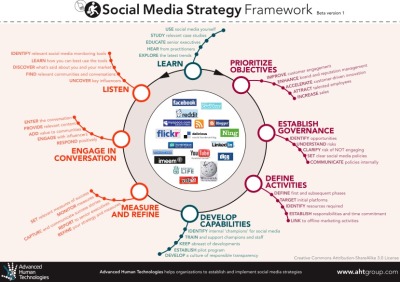This post appeared first on the Center for Global Communication Studies blog as a teaser for my talk Public Platforms and Anonymity: Real Name Policies and Freedom of Speech. The talk will be on Wednesday November 19 between 12:15AM – 01:30PM, more info here.
Life is a series of roles. We behave differently when we are talking to our underage children at home, when we play a game of poker with friends, or when we are having dinner with our parents. For each of these social situations, and for many others, we adopt different roles, mannerisms, speech, and even dress. Social networks struggle to deal with the complexity of human behavior, preferring instead to simplify our existence. When the halting definitions of friends and contacts and the obscurity of privacy settings is coupled with a less than user-friendly design, conflicts unsurprisingly arise. As the largest social network by population, Facebook provides an array of examples where social messages have been transmitted to the “wrong” person.
Among the classic miscommunicated messages are those of employees engaging in criticism of co-workers or of the company itself, teenagers sharing party photos that are later seen by adults, and medical staff posting patient information. The practice of providing different information to different groups is undermined in situations where contacts are binary, and social media technology creates simple “friend/not-friend” binaries where complexities should exist.
In the book The Facebook Effect (2010), Kirkpatrick argues that Mark Zuckerberg, Facebook’s founder and CEO, is implementing what is sometimes referred to as “radical transparency,” a form of social engineering that holds that individuals will benefit themselves and society by being more transparent.
In an infamous quote that exemplifies this stance, Zuckerberg goes beyond transparency, arguing that attempting to maintain different identities is disingenuous:
“You have one identity…The days of you having a different image for your work friends or co-workers and for the other people you know are probably coming to an end pretty quickly…Having two identities for yourself is an example of a lack of integrity.”[1]
It is not a coincidence that Facebook’s radical transparency is the foundation of its business model. The users of Facebook, though they have accounts, are not the company’s customers. Facebook’s business model is to collect as much user information as possible in order to market their expertise to their real customers—advertisers.
Radical transparency becomes a social problem when social networks become primary means of mass communication. While those who are at the top of a social hierarchy may indeed believe two identities indicate a lack of integrity, for those who may face social ostracism or physical punishment if certain identities are revealed, multiple identities are necessary. Facebook has caused young gay adults to be outed to, and ostracized by, their families, Ashley Payne was asked to leave her teaching position after posting a picture of herself holding a beer while on holiday, and in the UK, there are several cases of people facing prison sentences for insensitive comments posted on Facebook.
The purpose of the talk “Public Platforms and Anonymity” is to look at questions of identity and anonymity in order to further explore the impact of radical transparency on marginalized groups, to place the minority opinion in relation to freedom of speech and democratic development, and, finally, to put forward an argument in support of a democratic right to anonymity and pseudonymity on social networks and other online platforms.
[1] Kirkpatrick, D. (2011). The Facebook effect: The inside story of the company that is connecting the world. Simon and Schuster.
